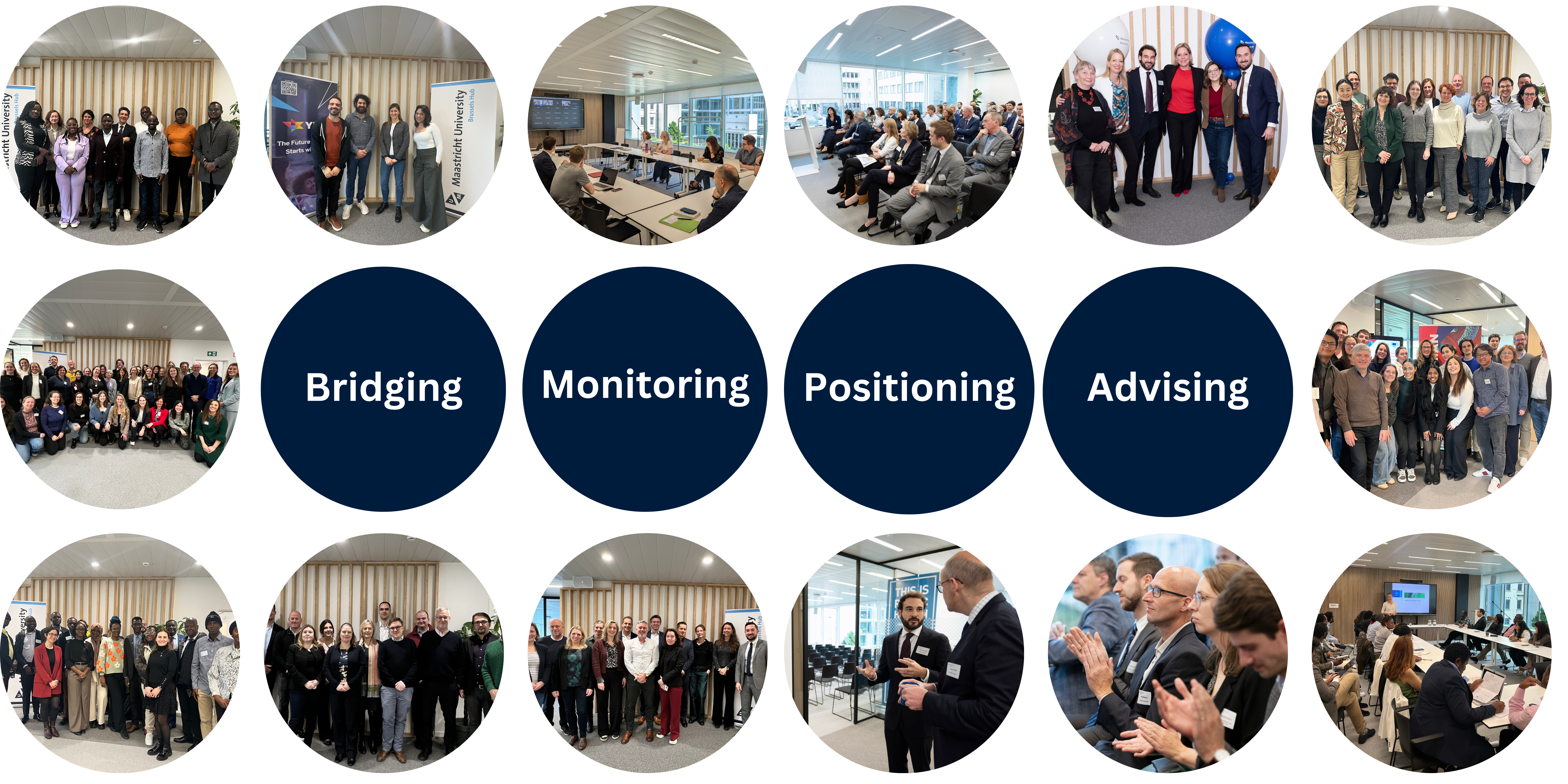
On 27 January 2025, MORSE’s Research Day convened a high-level panel—featuring Arjen Wittekoek, Nelleke van der Puil and Laura Nieb

We will update this page with new suggestions and recommendations as we roll into period 5 and 6. The information provided here is complementary to the support you receive in your own faculty or programme. Share your knowledge with other, and ask your colleagues for input and feedback – there is a wealth of knowledge available within the UM learning and teaching community, this is the time to tap into it!
Switching from small-scale, interactive offline education to doing most or all of the course work online sounds like a daunting task. While many things will be different, do not forget what you have and know already: a clear idea about the purpose and the content of your course; tasks or assignments that students can work with, off or online; goals and expectations about assessment; and many tools you have been using all along, such as email and EleUM.
So, before you set yourself to the task of redesigning your course into an online format, we recommend your start with considering a few issues that are not about tools and online environments, but about you and your course.
Developed by the University Library, the Tool Wheel helps you find your way in the jungle of tools. It distinguishes between tools that are licensed by UM and those that are not licensed but recommended, and offers in-depth information on each tool.
In an online education environment, tutorials, lectures and meetings take place online. Check what software you need, and make time to install and test it before a lecture or tutorial begins.
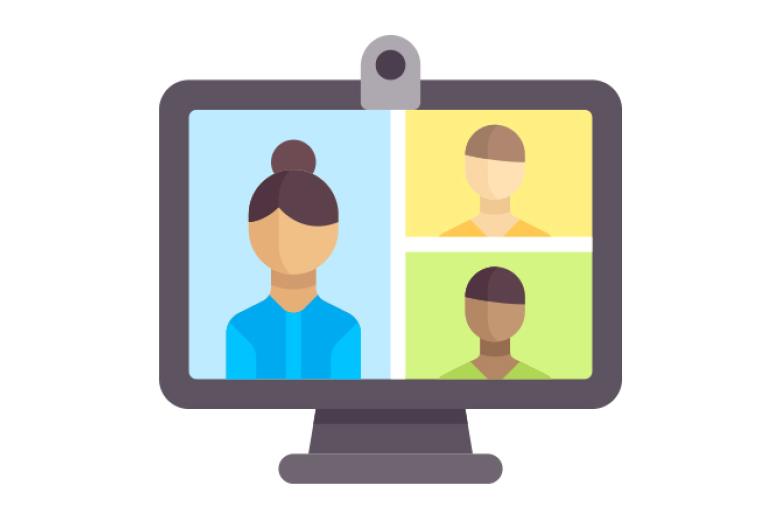
Create a study planning that accommodates your needs and interests. Organise your days so that you have time to study and time to relax.
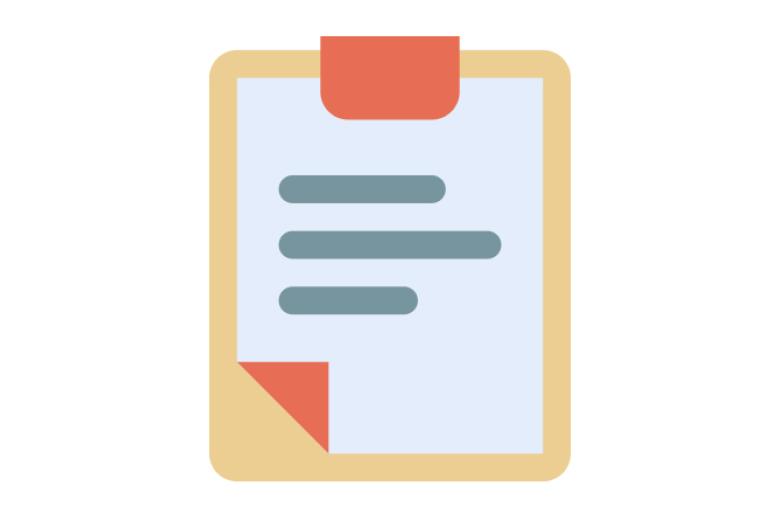
We are all in this together and we can only make this happen together. Teaching staff has had very little time to adapt to online learning. Some things may work perfectly while others not. Offer feedback in a respectful and constructive manner that will enable all of us to grow together.
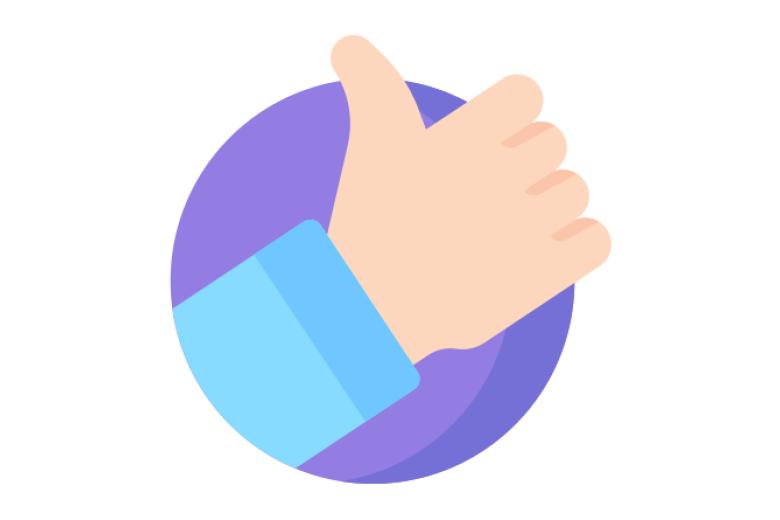
Studying from home doesn’t mean studying alone! Share resources and experiences with your fellow classmates. Set up online hangouts and exchange information. The library is also offering lots of online help regarding educational material online.
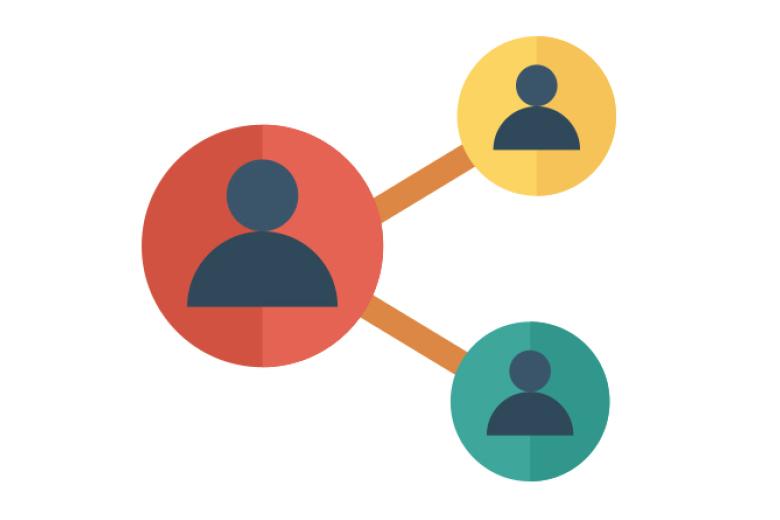
Your physical and mental health is top priority. Keep at least 1,5m distance from others when out in public to protect yourself and those around you.If you experience any psychological difficulties, there are many ways that UM can support you. You can book an online appointment with the UM psychologists, attend a wellbeing workshop online, or explore resources on Student Wellbeing Overview.

All official information and updates are online. Please check the UM website, FAQs and your personal email account regularly. For updates regarding COVID-19 measures in the Netherlands consult rivm.nl
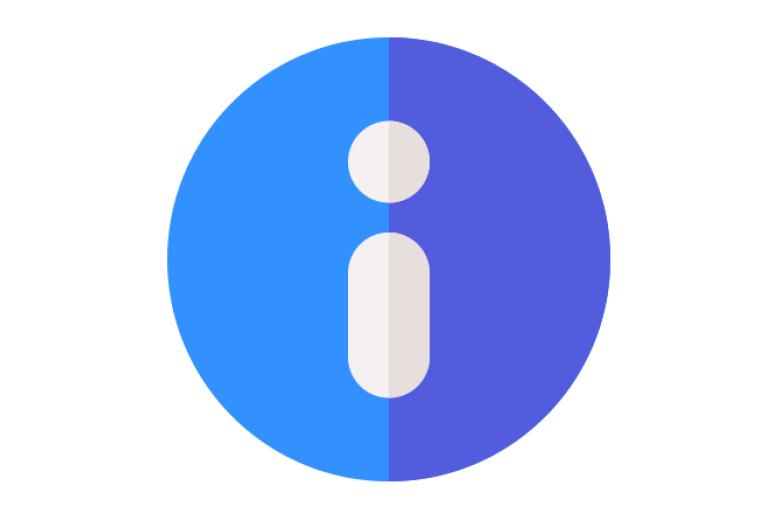
It would be great to see and hear from students how scientific phenomena continue to occur in our homes even during this corona crises. You can make a short video and upload it to the following form: https://forms.gle/zTJcfMpPYV2ySxAA7 (deadline: 10 April) and the three best videos will be rewarded with a Bread and More voucher on your arrival back in Maastricht.
We would love to share these videos on the MSP instagram page to show how the MSP community continue to be passionate about science even when we can’t make it to lecture halls, labs or tutorial rooms.
I made a mini documentary with Sir David Attenborough about the biodiversity in my garden and where I might find new species. Stay safe!
- Alex (former student and current biology tutor)
Below a little breathing exercise to help calm the body and mind at any time. It’s called “square breathing”:
Close your eyes and visualize your breath traveling along a square. As you follow the instructions to inhale, hold your breath, or exhale, count slowly to four on each side. Solely breathe through your nose, not your mouth. Try it now.
After a few minutes of this you should be feeling calmer and more centered.
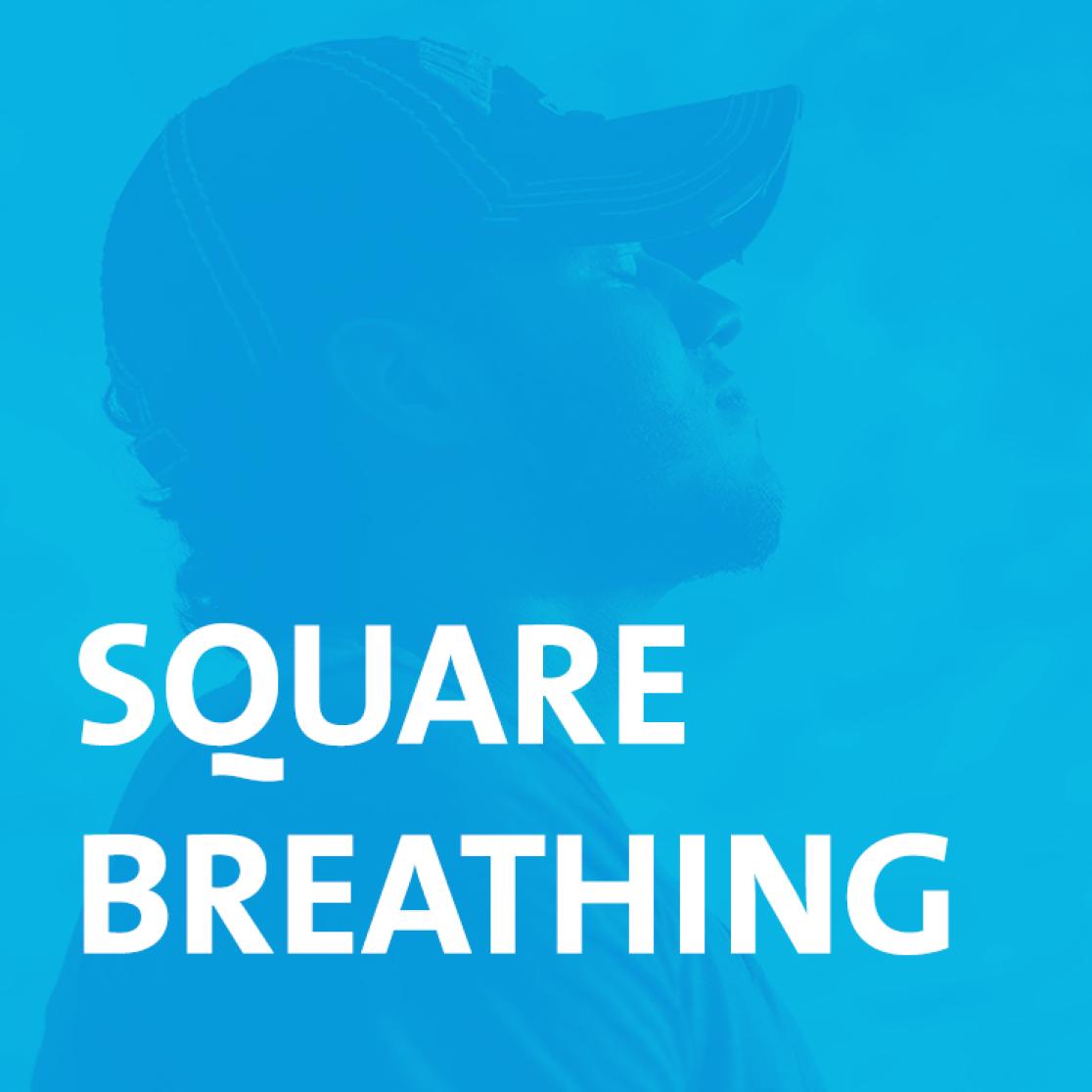
Take part in the information sessions of our master's programmes and get familiarised with our Problem-Based Learning (PBL) system at our Master's Open Day. Experience the atmosphere of our faculty and meet your future fellow students!
Our student ambassadors will happily tell you more about their study programme and student life in Maastricht. Follow the ambassadors on Instagram and send your questions via DM.
If you have any questions or you would like to have a one-on-one contact with one of our recruiters, you are welcome to set up an online call! Make an appointment here.
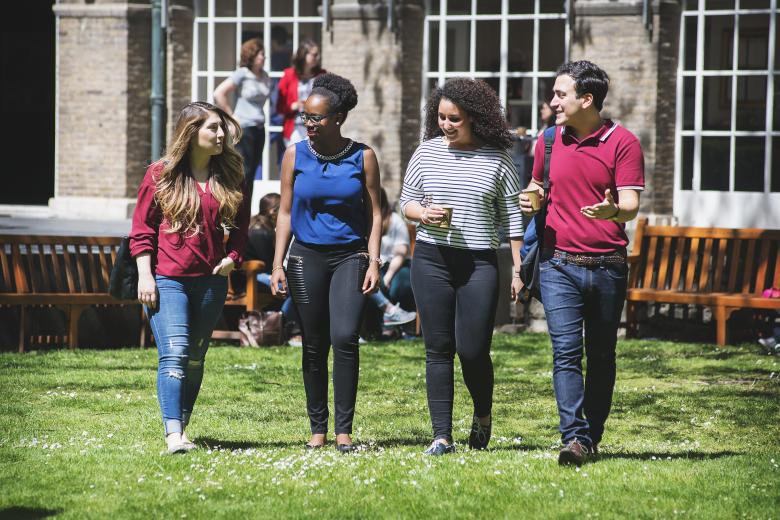
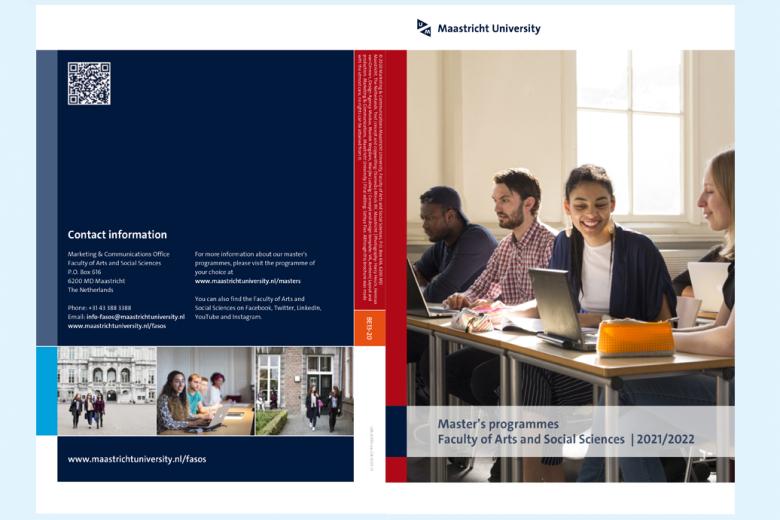
What's it like to study in Maastricht? How do you find a room? What is going on at the faculty? Check our community video or follow us on Facebook, Instagram and LinkedIn. Or watch Shula's vlog on how she found a great room in the centre of Maastricht!

Our next Open Day on 20 November 2021 may be fully online once again depending on the COVID-19 situation. We have built a special platform for the occasion, offering programme presentation videos, Q&As and other events. In the meantime, don’t hesitate to sign up.
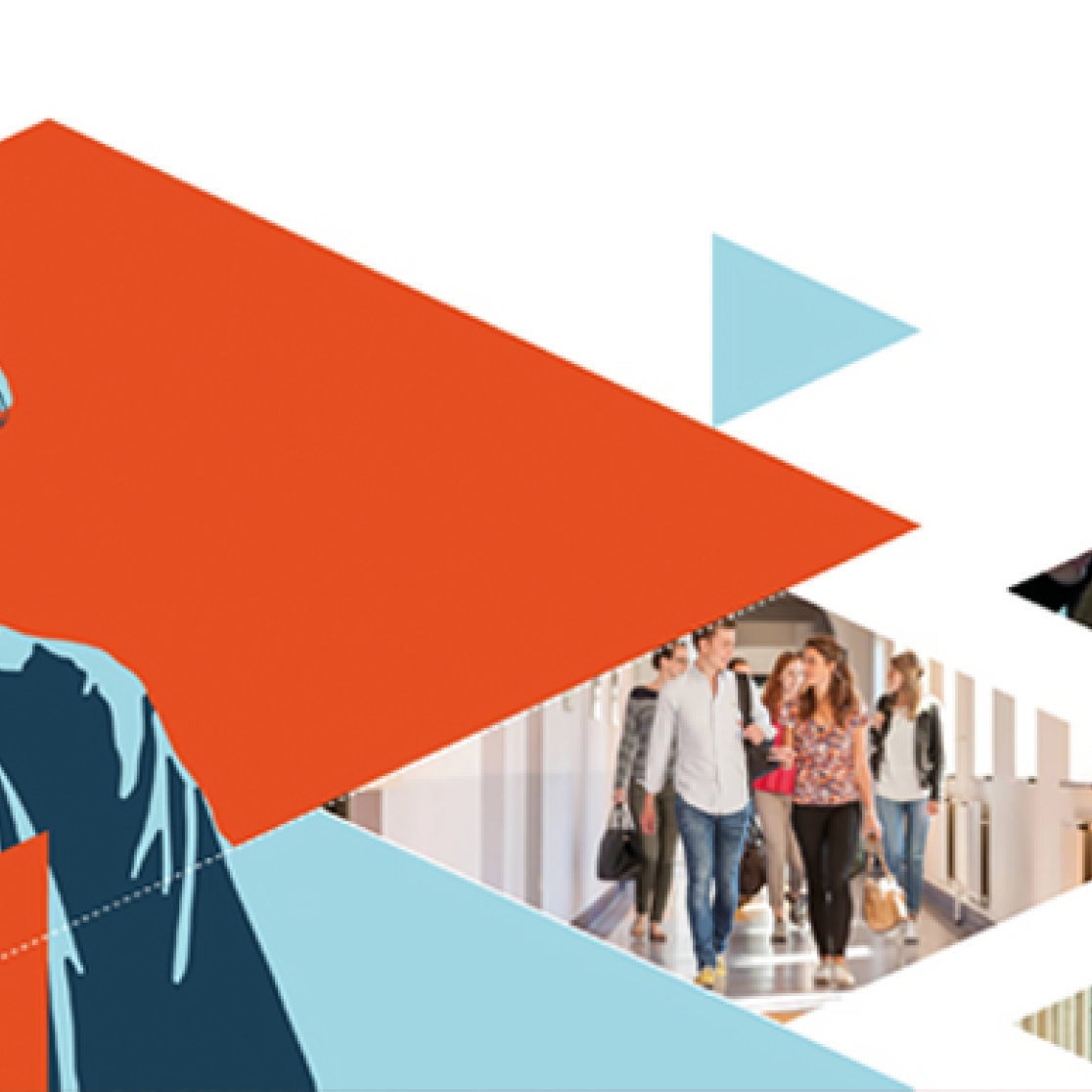
Maastricht University (UM) offers one-hour live sessions for students looking to find out more about master’s programmes at UM.
Past webinars:
13 February: Career prospects
- What can do with the master’s degree of your choice?
- Will it make you more employable?
- And what kind of support can you expect from UM as you prepare for the world of work?
12 March: A Master's at Maastricht
About studying a master's programme at UM: fields of study, Problem-Based Learning, tition fees & handling fee, housing & practical matters
14 May: Van hbo naar wo (in Dutch)
- Waarom doorstromen?
- Wat zijn de verschillen tussen hbo en wo?
- Toelatingseisen en premasters
- Probleemgestuurd Onderwijs
- Verhalen van ervaringsdeskundigen
14 May: Q&A session about the (six specialisations of) the master's in Biomedical Sciences
The coordinator of the master's in Biomedical Sciences gives information about this master's and its specialisations. After that, a Q&A with the programme coordinator and to students.
1 October: All about choosing a study
- How to make the right choice - 10 tips on how to dream big
- How to choose a university
- What’s the right programme for you
10 December: A master's in Maastricht
This edition is all about taking a master's degree, whether you want or need to continue your studies and specialise. It deals with career prospects, about what you can do with a degree in the master’s programmes of your choice. And, of course, if you haven’t decided yet, should you be choosing that programme in the first place?
Each of our study programmes has a student ambassador who is willing to inform you about all details of his/her programme and about studying and (student) life in Maastricht. You can follow the ambassador via Instagram and ask him/her questions via DM. Below, you can find all of our master's student ambasssadors.
If you still have questions and would like to have a one-on-one chat with one of our student ambassadors or recruiters, we can arrange a Skype call for you!
For scheduling an online personal appointment (but also if you have any other questions), you can send an email to study-fhml@maastrichtuniversity.nl Please include in your email your Skype name and the specific questions you have and we will inform you about a timeslot for the Skype call.
Instead of or as an extension of synchronous online (tutorial group) meetings, you can request your students to prepare and interact asynchronously.
Have students divide tasks or define learning goals they will work on after the (online) meeting and ask them report on their findings in a shared working place, e.g. a discussion board in EleUM (Blackboard). You can also offer documents or videos as a starting point to exchange information and build knowledge.
Set rules for the expected quality and provide some online etiquette and be clear about your role as a tutor: how often will you read, are you going to give instant feedback or will you use the discussion as a starting point in a (synhronous) meeting?
You can also invite the students to work on assignments (papers, video, presentations, etc) and have them either work collaboratively on these assignments (have them discuss roles and tasks). EleUM offers several options to facilitate co-creation and collaborative knowledge building. Think of group pages (with file share) or wikis (ideal for collaborative writing and peer review) and blogs (e.g. suitable as a reflection tool). You can also introduce peer review on the concept versions of the assignments.
Resources:
Zoom is easily accessible and offers many options (such as the recording of sessions), which also makes it potentially susceptible to violations (intended and unintended) of European privacy regulations (GDPR), in ways that may negatively affect you, your students, or Maastricht University. Because of these risks, we explicitly urge you to follow the instructions in the manual as you set up Zoom.
Recording lectures etc. should preferably be done via Mediasite. If you need to record knowledge clips or if there are no recording facilities at your location, you may request the recording functionality for ZOOM to be activated for your account. You need to have the permission form on the ICTS Self-Service Portal filled out by your local ICT/Canvas/Mediasite/ZOOM supporter or information manager in order to obtain permission to use Zoom for recording purposes.